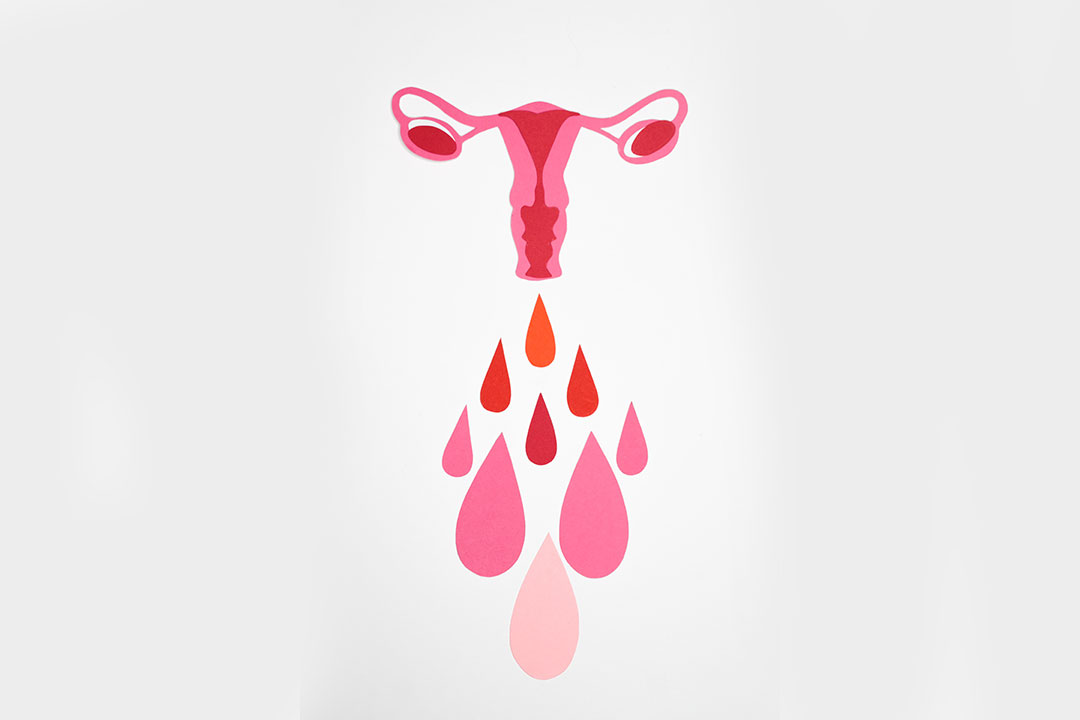Women have been anecdotally reporting for months that their periods have been affected by COVID-19 vaccines, and a major new global study reporting a quarter of a million menstrual cycles recorded by nearly 20,000 people has confirmed that the vaccine can alter menstruation Cycles easily – but crucially, the effect is temporary.
Although such fluctuations may not have a lasting impact on women’s health, changes in a biological process associated with fertility can be a cause for concern and should be addressed appropriately so they don’t fuel vaccine hesitancy, scientists say.
The slight change in the length of the menstrual cycle did not affect the length of the period. For most people, the change in cycle length resolves with the next period.
1. Your menstrual cycle may change, but it’s a temporary dip
A team led by Alison Edelman of Oregon Health and Science University in Portland, USA, conducted a global retrospective study using data collected with consent via a period tracking app. They found that in vaccinated individuals, cycles became shorter or longer, but with a change of less than a day on average, while no change was seen in unvaccinated individuals. In women who received both doses of the vaccine in a single menstrual period, their cycle lengthened by 3.91 days.
This study builds on an earlier smaller US study that found similar results. In this global study, they analyzed data from 19,622 people aged 18 to 45 with cycle lengths of 24 to 38 days; 14,936 were vaccinated and 4,686 were unvaccinated. The participants were at least three cycles post-pregnancy or post-hormonal contraceptive use and not in the menopause. The researchers report more than a quarter of a million menstrual cycles recorded by almost 20,000 people.
2. Some saw significant changes in cycle length
A change in cycle length of up to eight days is considered normal. However, more than 1,300 subjects experienced a clinically significant change in cycle length of eight days or more, and this was significantly greater in the vaccinated group (6.2%) compared to 5.0% in the unvaccinated group. It’s still not clear why some observed such large fluctuations in cycle length and what mechanisms drive it, the researchers say.
3. It does not affect your fertility
Scientists have tried to allay fears that fertility will be affected by the COVID-19 vaccine since anecdotal reports of altered periods have surfaced. That vaccines could affect fertility is a “common myth,” said Dr. Soumya Swaminathan, chief scientist at the World Health Organization (WHO), previously. Earlier this year, a study of 2,000 couples trying to conceive without fertility treatment showed that the COVID-19 vaccination did not affect people’s chances of conceiving.
dr Amelia Wesselink and her team at Boston University School of Public Health analyzed data from a pregnancy study in which US and Canadian women ages 21 to 45 were trying to conceive. The study published in the American Journal of Epidemiology found that the vaccination status of both partners did not alter their chances of conceiving.
Although no link has been discovered between vaccination and fertility, there is a link to the disease that the vaccine fights. The team found that conception was less likely during a given menstrual cycle if the male partner had tested positive for COVID-19 up to 60 days earlier. In fact, COVID-19 can pose a great risk to both the mother and the baby. Pregnant women with moderate to severe COVID-19 may be at higher risk of dying or becoming seriously ill from complications. Their babies may also be at higher risk of preterm birth, stillbirth, or neonatal death, which can be prevented by getting vaccinated against COVID-19.
4. The number of bleeding days did not change
The slight change in the length of the menstrual cycle did not affect the length of the period. For most people, the change in cycle length resolves with the next period.
5. The changes were similar for different types of COVID-19 vaccines
Participants received one of nine different vaccines: Pfizer-BioNTech, Moderna, Johnson & Johnson, AstraZeneca, Covishield, Sputnik, Covaxin, Sinopharm and Sinovac. The changes in menstrual cycle length did not differ between the vaccines.
#COVID19 #vaccines #period


Leave a Comment